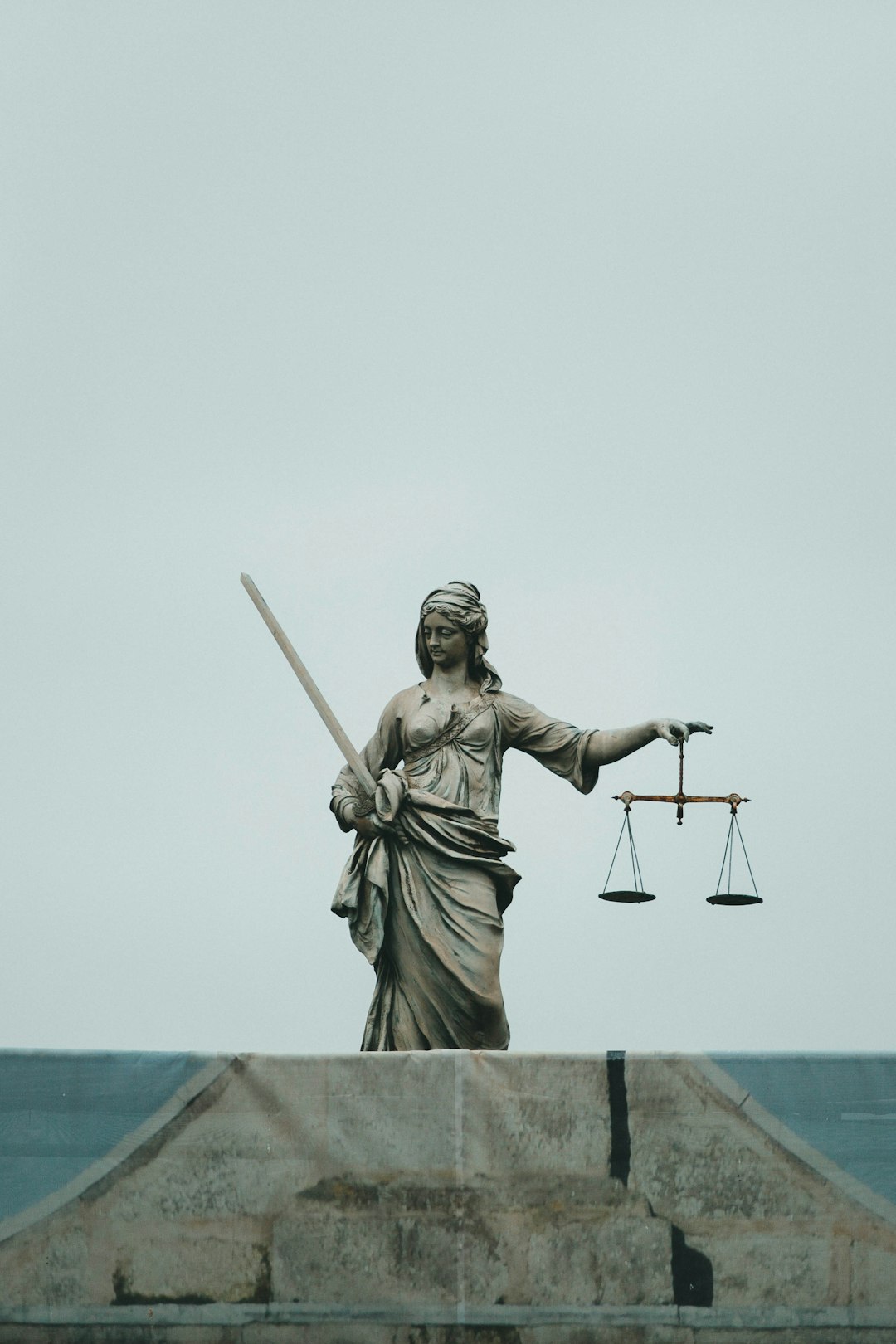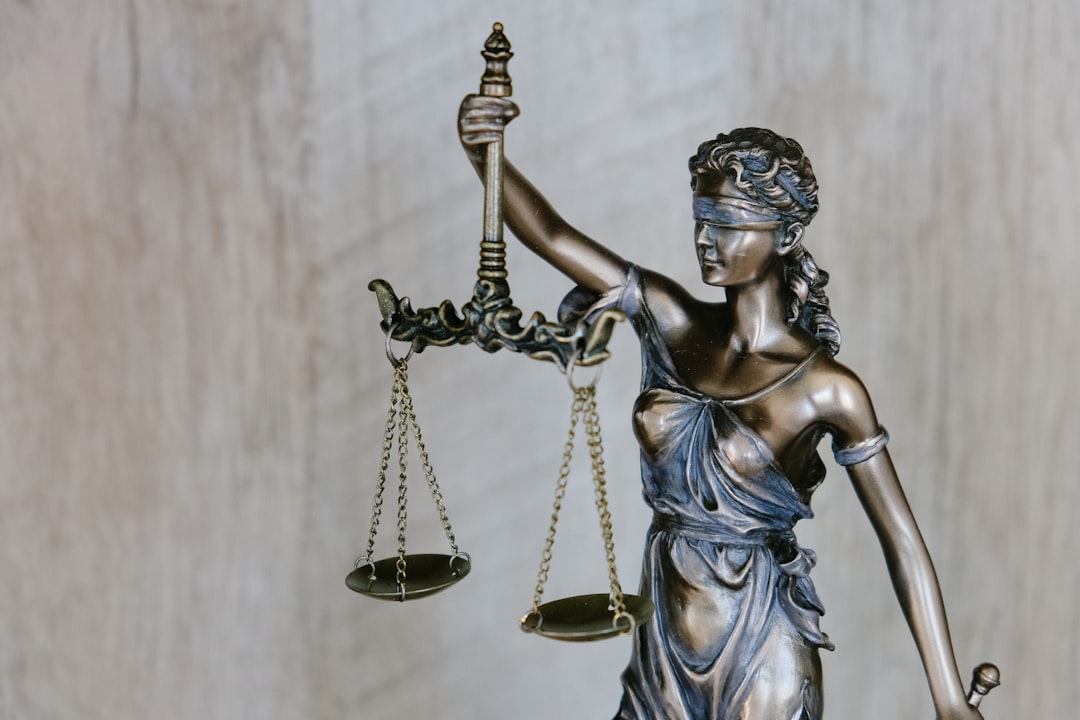Victims of male sexual assault in Philadelphia have a 12-year statute of limitations to seek justice, with exceptions for minors and coercion. Consulting specialized sexual abuse lawyers from reputable firms is crucial for navigating legal processes, protecting rights, and preserving evidence. Key terms: sexual abuse Lawyer Philadelphia, sexual assault attorney.
“In Philadelphia, understanding the statute of limitations for male sexual assault cases is crucial for survivors seeking justice. This comprehensive guide aims to empower victims by elucidating their legal rights and options.
Philadelphia’s sexual assault laws protect all individuals, regardless of gender. With a unique statute of limitations, male survivors can take action even years later. This article explores the legal framework, offering insights from top-rated sexual abuse lawyers and attorneys who specialize in navigating these complex cases. Discover how experienced sexual assault law firms in Philadelphia can provide vital support to those affected.”
Understanding Sexual Assault Laws in Philadelphia
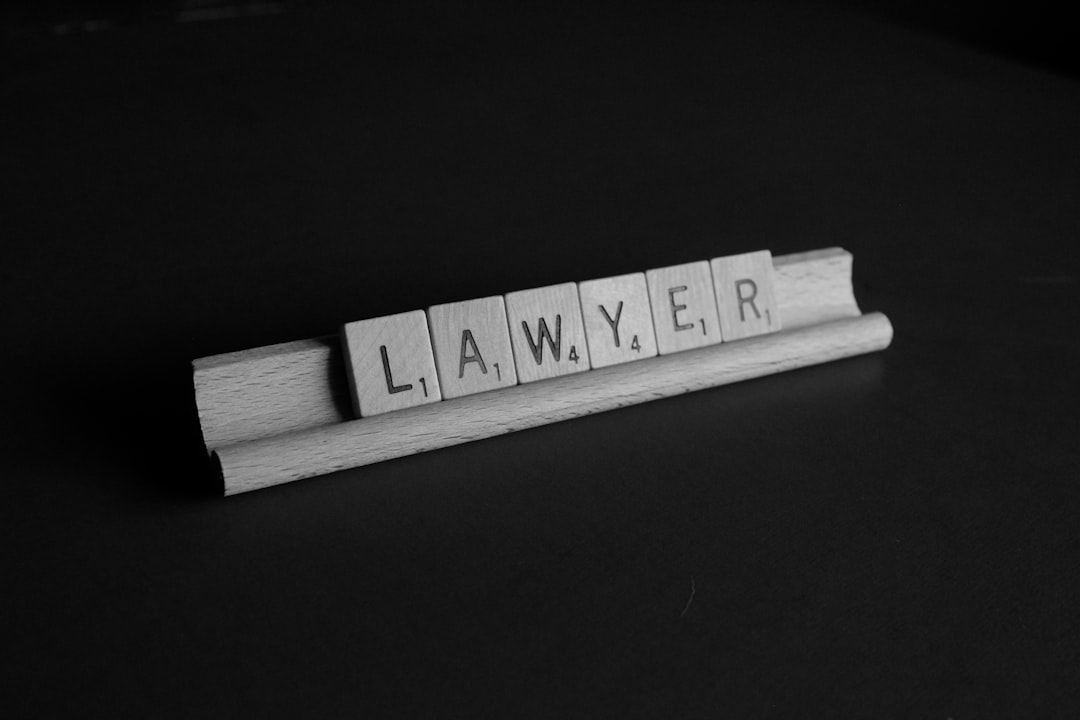
In Philadelphia, understanding the statute of limitations for male sexual assault is crucial for victims seeking justice. The laws surrounding sexual abuse are designed to protect individuals who have experienced such traumatic events and provide them with a legal window to pursue charges. A sexual assault attorney in Philadelphia can help navigate these complex regulations.
Philadelphia’s legal system follows a set timeline, typically allowing up to 12 years from the date of the crime for victims to come forward and file a police report or civil lawsuit. This period varies based on specific circumstances, such as cases involving minors or instances where the victim was under coercion or fear. A sexual assault law firm in Philadelphia ensures that victims understand their rights and can take the necessary steps, with the support of sexual abuse attorneys who specialize in these sensitive cases.
What Is the Statute of Limitations for Male Victims?
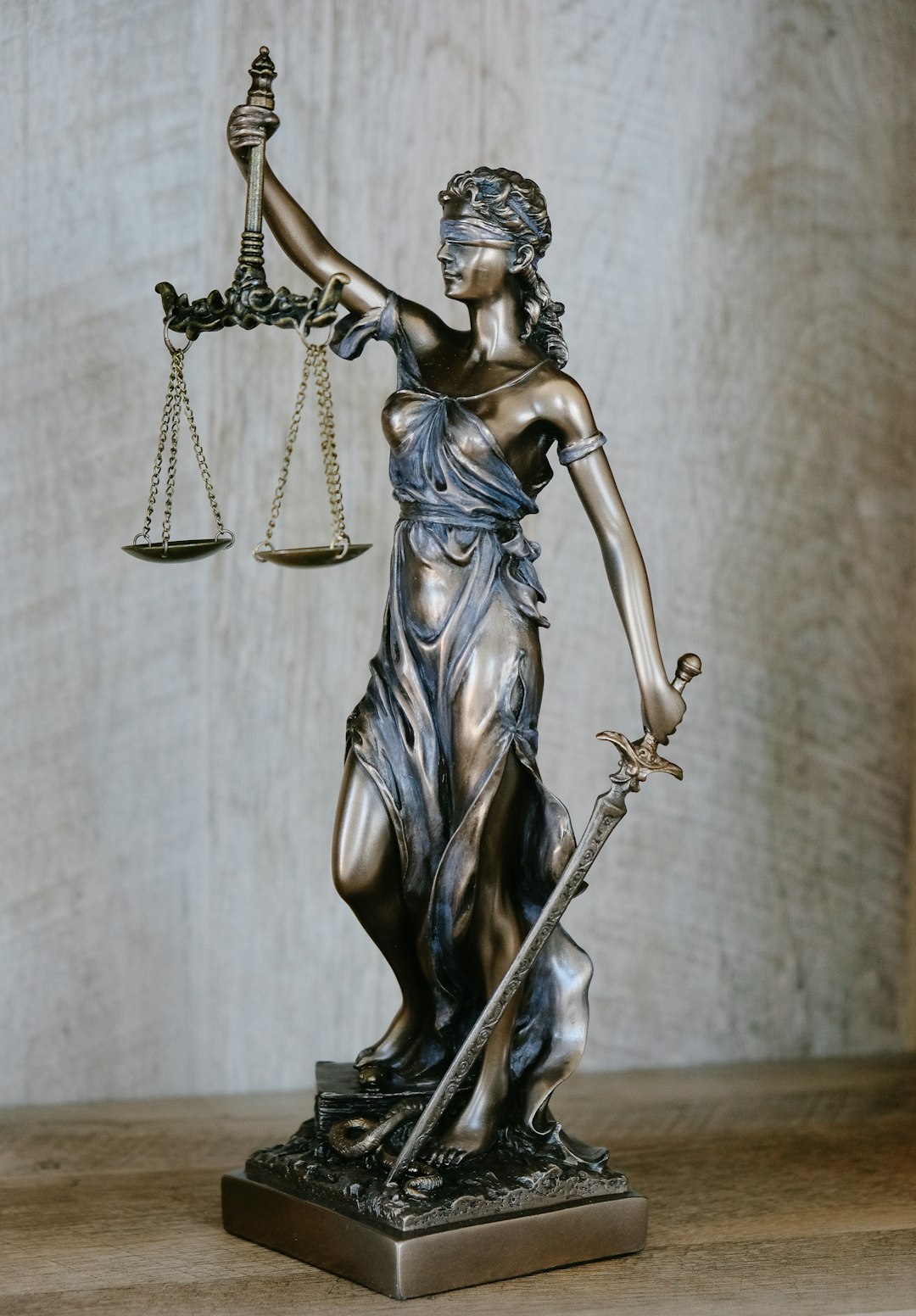
In Pennsylvania, including Philadelphia, the statute of limitations for filing a civil lawsuit against an accused sexual abuser is typically two years from the date of the alleged incident or when the victim turns 18, whichever comes later. This means that male victims of sexual assault in Philadelphia have a limited time to come forward and seek justice. Time restrictions are in place to ensure cases are resolved promptly and to protect the integrity of evidence.
If you or someone you know is a survivor of male sexual assault and are considering legal action, it’s crucial to consult with an experienced sexual abuse lawyer in Philadelphia from a reputable sexual assault law firm. These attorneys specialize in navigating complex legal systems and advocating for victims’ rights. They can provide guidance tailored to your situation and help ensure that your case is handled sensitively and effectively, especially given the sensitive nature of sexual assault cases.
Legal Options and Support for Survivors in Philly
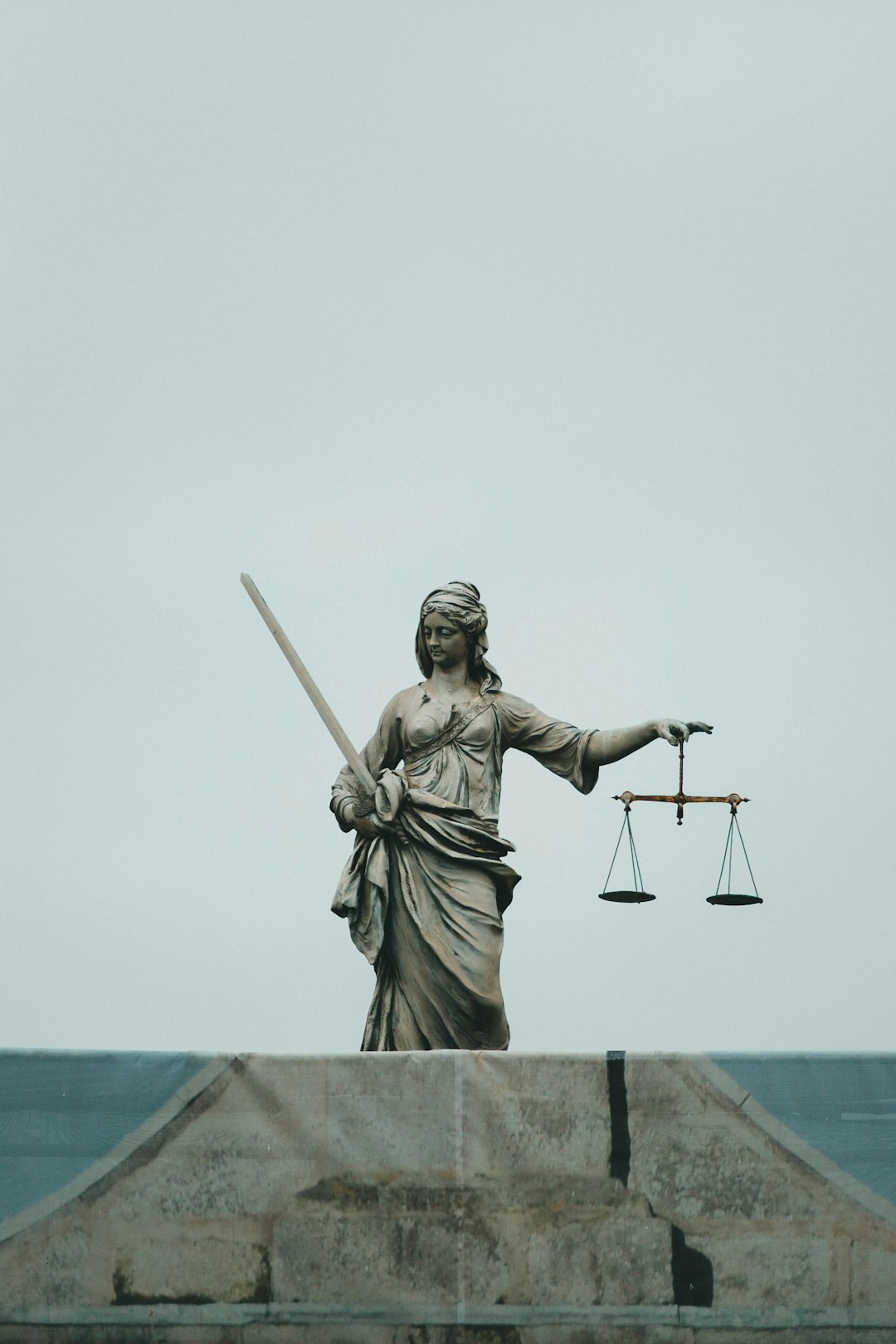
In Philadelphia, survivors of male sexual assault have legal options and support available to them. If you or someone you know has experienced this traumatic event, it’s crucial to seek help from a qualified sexual abuse lawyer Philadelphia or sexual assault attorney Philadelphia. These professionals are equipped to guide victims through the complex legal system and ensure they receive justice. Many sexual assault law firms Philadelphia specialize in handling such cases with sensitivity and expertise, providing a safe space for survivors to share their stories.
Support services in Philly include counseling centers, hotlines, and advocacy groups specifically tailored to assist individuals who have experienced sexual abuse. These resources aim to empower survivors by offering a network of support, legal guidance, and tools for healing. For those considering legal action, consulting with sexual abuse attorneys Philadelphia or sexual abuse law firms Philadelphia can be a pivotal step in seeking closure and holding perpetrators accountable.
